Home>Home Maintenance>When Do You Get A Home Inspection
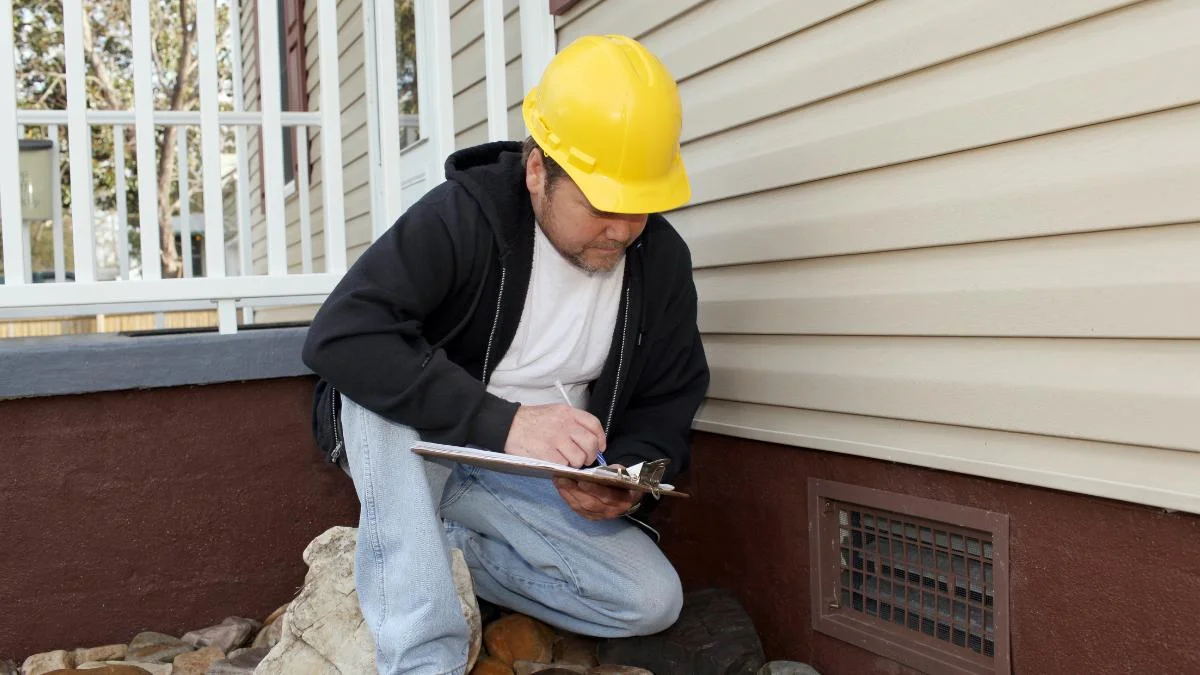

Home Maintenance
When Do You Get A Home Inspection
Modified: March 6, 2024
Ensure your home's condition with a professional home inspection. Learn why and when you should schedule a home inspection for optimal home maintenance.
(Many of the links in this article redirect to a specific reviewed product. Your purchase of these products through affiliate links helps to generate commission for Storables.com, at no extra cost. Learn more)
Introduction
Welcome to the world of home maintenance! Owning a home is a significant investment, and it’s vital to ensure that your property remains in top-notch condition. One of the key aspects of maintaining a home is through regular inspections. In this article, we’ll delve into the importance of home inspections, when to schedule them, what to expect during the process, and the benefits they provide.
Whether you’re a homeowner or a prospective buyer or seller, understanding the significance of home inspections can help you make informed decisions and protect your investment. So let’s dive in and explore this essential aspect of home maintenance!
Key Takeaways:
- Home inspections are crucial for both buyers and sellers, helping to uncover potential issues and make informed decisions. They provide peace of mind and an opportunity to negotiate repairs or adjustments.
- Finding a qualified home inspector is essential. Research, check credentials, and assess their experience and communication skills. A professional inspector ensures a thorough evaluation and accurate findings.
Read more: When Do You Pay For A Home Inspection?
Importance of Home Inspections
Home inspections play a crucial role in ensuring the safety, functionality, and value of a property. They provide a comprehensive assessment of a home’s condition, identifying any potential issues or hidden problems that may not be visible to the untrained eye. This is particularly important for both buyers and sellers in the real estate market.
For home buyers, a professional inspection offers peace of mind and helps them make an informed decision about the property they are considering purchasing. It allows them to uncover any underlying issues or defects that may affect their future investment. By addressing these concerns early on, buyers can negotiate repairs or adjust their offer price accordingly.
Similarly, for home sellers, a pre-listing inspection can be incredibly valuable. It allows sellers to identify and address any potential problems ahead of time, avoiding any surprises that may arise during the negotiation process. By rectifying issues beforehand, sellers can present their property in the best possible light, potentially increasing its market appeal and value.
Moreover, home inspections are not just limited to the buying and selling process. Regular inspections are also beneficial for homeowners who have been in their homes for an extended period. They can identify any maintenance or repair needs before they escalate into more significant and costly problems. By proactively addressing these issues, homeowners can maintain the value of their investment and ensure a safe and comfortable living environment for themselves and their families.
Overall, home inspections are a critical component of responsible homeownership. They provide invaluable information about the condition of a property and help mitigate potential risks and costs in the long run. Whether you’re purchasing a new home or looking to maintain your existing one, investing in a professional home inspection is undoubtedly a wise decision.
When to Schedule a Home Inspection
Timing is crucial when it comes to scheduling a home inspection. Whether you’re buying or selling a home, it’s important to understand the right time to schedule this essential process. Let’s explore the different scenarios where a home inspection is typically recommended.
Buying a Home: If you are in the market to purchase a home, it is highly advisable to schedule a home inspection as part of your due diligence. Ideally, you should arrange the inspection when you have a ratified contract, meaning that both parties have agreed to the terms and conditions of the sale. This allows you to have a specified timeframe to complete the inspection and negotiate any necessary repairs or adjustments to the contract based on the findings.
Selling a Home: As a seller, it’s beneficial to consider getting a pre-listing home inspection. By conducting an inspection before putting your house on the market, you can identify any issues in advance and address them, saving time and potential negotiation hassles later. This proactive approach not only helps you present your home in the best possible condition but also instills confidence in potential buyers.
Newly Constructed Homes: When purchasing a newly built home, many buyers assume that a home inspection is unnecessary. However, even new construction can have defects or issues that may not be immediately apparent. Scheduling a home inspection for a newly constructed home can help detect any construction or installation errors and ensure that everything is up to code before you move in.
Periodic Inspections: Even if you have been in your home for a while and aren’t in the process of buying or selling, it is still advisable to schedule periodic home inspections. This is especially true if your home is older or has undergone significant renovations. Regular inspections can help you identify any maintenance or repair needs early on, safeguarding your home’s integrity and your investment.
Remember that the timing of a home inspection may vary depending on your specific circumstances and the local real estate practices. It’s always a good idea to consult with a reputable home inspector or your real estate agent for guidance on when to schedule the inspection.
By scheduling a home inspection at the appropriate time, you can gain valuable insights into the condition of the property and make informed decisions that will benefit you in the long run.
Buying a Home: When to Get a Home Inspection
When you are in the process of buying a home, one of the most critical steps is to schedule a home inspection. This inspection allows you to thoroughly assess the condition of the property and identify any potential issues. Here’s a guide to help you understand when to get a home inspection during the home buying process.
Ratified Contract: The ideal time to schedule a home inspection is when you have a ratified contract, meaning that both the buyer and seller have agreed to the terms and conditions of the sale. This will typically include important details such as the agreed-upon purchase price, contingencies, and the timeframe for completing inspections. It’s important to schedule the inspection within the specified timeframe to ensure you have enough time to thoroughly evaluate the property.
Contingency Period: Most home purchase contracts include a contingency period for inspections. This period allows the buyer to conduct various inspections, including the comprehensive home inspection. The contingency period is usually a few days to a week after the contract is ratified. During this period, you can arrange for a qualified home inspector to evaluate the property’s condition while giving you the opportunity to review the inspection results and negotiate any necessary repairs or adjustments with the seller.
Inspection Results: After the home inspection is completed, the inspector will provide you with a detailed report highlighting any issues or concerns identified during the inspection. Reviewing this report thoroughly is important as it will help you make informed decisions about moving forward with the purchase. It’s crucial to carefully consider the inspection results and consult with your real estate agent to discuss any necessary repairs, credits, or adjustments that may be required before finalizing the purchase.
Negotiations: Armed with the inspection report, you can enter into negotiations with the seller to address any significant issues that may have been uncovered. The negotiations may involve requesting repairs to be completed before the closing or negotiating a credit or reduction in the purchase price to compensate for the cost of repairs. Your real estate agent can guide you through the negotiation process, ensuring that your interests are represented and helping you reach a mutually acceptable resolution with the seller.
Remember, the home inspection is a crucial part of the home buying process. It not only provides you with a comprehensive understanding of the property’s condition but also gives you the opportunity to make informed decisions and protect your investment. By scheduling a home inspection at the appropriate time during the buying process, you can ensure that you are aware of any potential issues and have the necessary information to proceed with confidence.
Selling a Home: When to Get a Home Inspection
When it comes to selling a home, it’s essential to present your property in the best possible condition to attract potential buyers. While most buyers will conduct their own inspections, getting a pre-listing home inspection can offer several benefits. Here’s why and when you should consider getting a home inspection when selling your home.
Preparation Phase: Before listing your home on the market, it’s a good idea to have a pre-listing home inspection. By doing this, you can identify any issues or defects upfront, giving you the chance to address them before potential buyers even step foot inside your home. This can help you avoid any surprises or unfavorable negotiation scenarios down the line.
Repair and Remediation: Once the pre-listing inspection is complete, you can evaluate the inspector’s findings and prioritize any necessary repairs or improvements. By taking care of these issues ahead of time, you can ensure your home is in the best possible condition, making it more attractive to potential buyers. Additionally, addressing any major defects can help you avoid potential buyer concerns or the need for post-inspection negotiations.
Accurate Listing Price: Understanding any potential issues with your home can also help you set an accurate listing price. If significant repairs are required, it may affect the value of your property. By taking these factors into account when determining the listing price, you can set a fair and reasonable value that reflects the condition of the home and any repairs that have been made.
Transparent Disclosure: A pre-listing inspection can also help you provide full disclosure to potential buyers. By including the inspection report and any repairs or improvements in your property disclosures, you demonstrate transparency and build trust with prospective buyers. This level of transparency can ease any concerns they may have and make them more comfortable moving forward with the purchase.
Marketing Advantage: Having a pre-listing inspection allows you to market your home with confidence. You can highlight the inspection report and share the repairs or improvements you have made, showcasing your commitment to maintaining and caring for the property. This can attract more buyers and potentially lead to a faster sale and a higher selling price.
It’s important to note that even with a pre-listing inspection, potential buyers may still choose to conduct their inspections. However, by getting a home inspection upfront, you are proactively addressing any potential issues and positioning your home as a well-maintained and trustworthy property.
So, consider scheduling a pre-listing home inspection before putting your home on the market. It can help you identify and resolve any issues, set a fair listing price, build trust with buyers, and give you a competitive edge in the real estate market.
It’s best to get a home inspection before purchasing a new home. This can help identify any potential issues with the property and give you peace of mind.
What to Expect During a Home Inspection
When scheduling a home inspection, it’s natural to wonder what exactly will take place during the process. A professional home inspection is a comprehensive assessment of the property’s condition, covering various key components and areas. Here’s what you can expect during a typical home inspection:
Exterior Assessment: The inspector will start by evaluating the exterior of the home, including the roof, exterior walls, foundation, and drainage systems. They will inspect the condition of the roof covering, check for signs of water damage or leaks, assess the siding or cladding, and examine the overall structural integrity of the property.
Interior Inspection: Moving inside, the inspector will assess the interior components of the home. This includes inspecting the walls, ceilings, floors, windows, and doors. They will check for any visible damage, such as cracks or moisture issues, and ensure that windows and doors are in proper working condition.
Mechanical Systems: The inspection will also cover the mechanical systems, such as HVAC (heating, ventilation, and air conditioning), plumbing, and electrical systems. The inspector will test the furnace, air conditioner, water heater, and check for any leaks or issues with the plumbing. They will also inspect the electrical panel, outlets, and switches to ensure they are functioning safely and effectively.
Kitchen and Bathrooms: The kitchen and bathrooms are essential areas to assess during a home inspection. The inspector will examine the appliances, including the stove, dishwasher, and garbage disposal, and check for any plumbing issues. They will also assess the condition of bathroom fixtures, such as sinks, toilets, and showers, to ensure they are working properly.
Attic and Crawlspace: The inspector may also access the attic and crawlspace areas of the home (if accessible) to check for insulation, ventilation, and any signs of leaks or pest infestations. These areas are important for the overall health and efficiency of the home.
Documentation and Report: Throughout the inspection, the home inspector will document their findings, taking notes, photographs, or videos as necessary. After the inspection, they will compile a comprehensive report detailing their observations and any significant issues identified during the assessment. This report will serve as a valuable reference and tool for you to consider and discuss with your real estate agent or any necessary contractors or repair professionals.
It’s important to remember that a home inspection is a visual assessment of the property at a specific point in time. The inspector’s role is to identify and report visible issues, but they may not be able to identify any concealed or latent issues that are not readily apparent.
By understanding what to expect during a home inspection, you can be better prepared for the process and have a clearer understanding of the true condition of the property you are buying or selling.
Benefits of Getting a Home Inspection
Getting a home inspection is a crucial step in the home buying or selling process. It offers numerous benefits for both buyers and sellers, helping to ensure a smooth transaction and protect your investment. Here are some key advantages of getting a home inspection:
Identify Potential Issues: A home inspection allows you to identify any potential issues or defects in the property. The inspector will thoroughly assess the structure, systems, and components of the home to uncover any hidden problems that may not be immediately visible. This includes issues such as plumbing leaks, electrical wiring problems, roof damage, foundation issues, or the presence of pests. By identifying these issues early on, you can address them before they become more significant problems.
Informed Decision Making: A home inspection provides you with valuable information about the condition of the property. If you are a buyer, the inspection report will give you insights into any repairs or maintenance that may be needed, allowing you to make an informed decision about whether to proceed with the purchase. For sellers, a pre-listing inspection helps you understand the current condition of your home and gives you the opportunity to make any necessary repairs or improvements before putting it on the market. This knowledge empowers both parties to negotiate effectively and make decisions based on accurate information.
Price Negotiation: The findings of a home inspection can be a valuable tool during the negotiation process. For buyers, the inspection report can be used to request repairs or negotiate a reduced purchase price to account for any necessary repairs. Sellers, on the other hand, can address any potential issues upfront, which gives them a competitive advantage and may result in a higher selling price.
Peace of Mind: One of the greatest benefits of a home inspection is the peace of mind it provides. As a buyer, knowing that the property has been thoroughly evaluated can alleviate any concerns and help you feel confident in your purchase decision. For sellers, a clean inspection report can give you peace of mind that you have addressed any potential issues and increased the appeal and marketability of your home.
Fulfill Legal and Lender Requirements: In certain cases, a home inspection may be required by law or by your mortgage lender. Some states or localities mandate home inspections as part of the real estate transaction process. Additionally, lenders may require an inspection as a condition for approving a mortgage loan. Fulfilling these requirements ensures compliance with regulations and protects all parties involved in the transaction.
Educational Opportunity: Home inspections also provide an educational opportunity for buyers and sellers. As a buyer, you can accompany the inspector during the inspection and ask questions about the property’s features, systems, and maintenance recommendations. Sellers can benefit from learning about any areas that may need improvement or potential red flags that could arise during the selling process.
Overall, a home inspection is a smart investment that offers numerous benefits. It provides you with a comprehensive understanding of the property’s condition, helps facilitate negotiations, and gives you peace of mind in your real estate transaction.
Common Issues Found During Home Inspections
A home inspection is designed to identify any potential issues or defects in a property. While every home inspection is unique, there are several common issues that inspectors often come across. Being aware of these common problems can help buyers and sellers understand what to look for during the inspection process. Here are some of the most frequently found issues during home inspections:
Structural Defects: Structural issues are perhaps the most significant concerns uncovered during home inspections. This can include foundational problems such as cracks, settlement, or issues with the load-bearing walls or beams. Structural defects can compromise the stability and safety of the home and may require significant repairs or even professional intervention.
Roof Damage: Roofing problems are another frequent finding during inspections. This can include missing or damaged shingles, deteriorated flashing, leaks, or improper installation. Roof repairs or replacement can be costly, so it’s essential to identify any roof-related issues early on.
Electrical Wiring Issues: Home inspections often turn up electrical wiring problems, such as outdated or inadequate wiring systems, improper grounding, or faulty electrical outlets or switches. These issues can pose safety hazards, including the risk of electrical shock or fire, and may require the involvement of a licensed electrician to rectify.
Plumbing Leaks: Leaks and plumbing issues are common findings during inspections. This may include leaky faucets, dripping pipes, malfunctioning water heaters, or more significant issues like leaking or corroded pipes. Plumbing repairs may involve simple fixes or more extensive work, depending on the severity of the problem.
HVAC (Heating, Ventilation, and Air Conditioning) Problems: Inspectors frequently come across HVAC issues such as improperly functioning furnaces, air conditioners, or heat pumps. These problems can affect the comfort of the home and may require HVAC service or repair to ensure efficient operation.
Mold and Moisture Damage: The presence of mold and moisture damage is a common concern, particularly in areas like bathrooms, basements, or crawlspaces. Mold growth can lead to health issues and can indicate underlying moisture problems that need to be addressed to prevent further damage and maintain a healthy living environment.
Insufficient Insulation and Ventilation: Inadequate insulation and ventilation can affect energy efficiency and comfort levels within a home. Inspectors may identify areas with inadequate insulation, improper ventilation in attics or crawlspaces, or problems with exhaust fans, all of which can lead to increased energy costs and potential moisture issues.
It’s important to note that while these issues are commonly identified during home inspections, their presence does not necessarily mean the property is unsuitable for purchase. The inspection report provides you with an opportunity to evaluate the severity of the problems and determine the necessary steps for resolution, negotiation, or budgeting for future repairs. It’s always helpful to work with a qualified home inspector who can provide guidance and advice on addressing these issues as you move forward with your real estate transaction.
Finding a Qualified Home Inspector
When it comes to scheduling a home inspection, it’s crucial to find a qualified and experienced home inspector who can provide a thorough assessment of the property. Here are some tips to help you find a reliable and competent home inspector:
Research and Recommendations: Start by doing some research and gathering recommendations. Ask friends, family members, or your real estate agent for referrals to trustworthy home inspectors they have worked with in the past. Online review platforms and professional associations like the American Society of Home Inspectors (ASHI) or the International Association of Certified Home Inspectors (InterNACHI) can also provide valuable information and reputable inspectors in your area.
Check Credentials and Certifications: Ensure that the home inspector you consider has the necessary credentials and certifications. Look for inspectors who are members of reputable professional organizations like ASHI or InterNACHI. Certified inspectors have undergone extensive training, adhere to a strong code of ethics, and are required to maintain their certifications through ongoing education.
Experience and Expertise: Consider the inspector’s experience in the industry. Find out how long they have been in business and how many inspections they have conducted. Experienced inspectors often possess a wealth of knowledge and a keen eye for identifying potential issues. They have likely encountered a wide range of home types and can provide valuable insights based on their past inspections.
Sample Report: Ask for a sample inspection report from the potential home inspector. A comprehensive and well-formatted report is essential as it will provide you with a clear understanding of their inspection process, the level of detail they include, and how they communicate their findings. A concise and easy-to-understand report can help you make informed decisions and negotiate repairs or adjustments during the buying or selling process.
Availability and Timeliness: Find out about the inspector’s availability and their ability to conduct the inspection within your desired timeframe. Keep in mind that some inspectors may have a busy schedule, so it’s important to plan ahead and ensure they can accommodate your needs. Additionally, inquire about the estimated time it will take for them to deliver the inspection report after completing the assessment.
Professionalism and Communication: It’s essential to choose an inspector who exhibits professionalism and good communication skills. A competent inspector will take the time to explain their findings, answer your questions, and provide recommendations for any necessary repairs or maintenance. They should also be responsive and accessible throughout the process, ensuring that you feel supported and informed.
Insurance and Liability: Verify that the potential home inspector carries errors and omissions insurance, also known as professional liability insurance. This coverage protects both the inspector and the client in the event of errors or omissions in the inspection report.
By taking the time to research and find a qualified home inspector, you can have confidence in the inspection process and trust in the accuracy of their findings. A thorough and professional home inspection will provide you with valuable insights into the condition of the property, helping you make informed decisions and proceed with your real estate transaction with peace of mind.
Conclusion
Home inspections are an essential part of the home buying and selling process. They provide valuable insights into the condition of a property, uncover potential issues, and help both buyers and sellers make informed decisions. By scheduling a home inspection at the appropriate time and finding a qualified inspector, you can ensure a smooth and successful transaction.
During a home inspection, you can expect a thorough assessment of the property’s exterior and interior, including the structure, mechanical systems, and key components. The inspector’s findings will be compiled into a detailed report that outlines any issues or defects discovered during the inspection.
There are many benefits to getting a home inspection. For buyers, it offers peace of mind, helps identify potential problems, and provides an opportunity to negotiate repairs or adjust the purchase price. Sellers can benefit from a pre-listing inspection by addressing any significant issues in advance, increasing their home’s market appeal, and facilitating a smoother selling process.
Common issues often uncovered during home inspections include structural defects, roof damage, electrical wiring problems, plumbing leaks, mold and moisture damage, and insufficient insulation or ventilation. Identifying these issues early on allows for timely repairs and helps maintain the value and integrity of the property.
When finding a qualified home inspector, research recommendations, check credentials, consider experience and expertise, review a sample inspection report, and assess their availability and communication skills. A professional inspector will provide a comprehensive report, exhibit professionalism, and possess adequate insurance coverage.
In conclusion, a home inspection is a valuable investment in the home buying or selling process. It provides a thorough evaluation of the property, helps you make informed decisions, and ensures the protection of your investment. By understanding the importance of home inspections and following the tips outlined in this article, you can navigate the process confidently and with peace of mind.
Frequently Asked Questions about When Do You Get A Home Inspection
Was this page helpful?
At Storables.com, we guarantee accurate and reliable information. Our content, validated by Expert Board Contributors, is crafted following stringent Editorial Policies. We're committed to providing you with well-researched, expert-backed insights for all your informational needs.
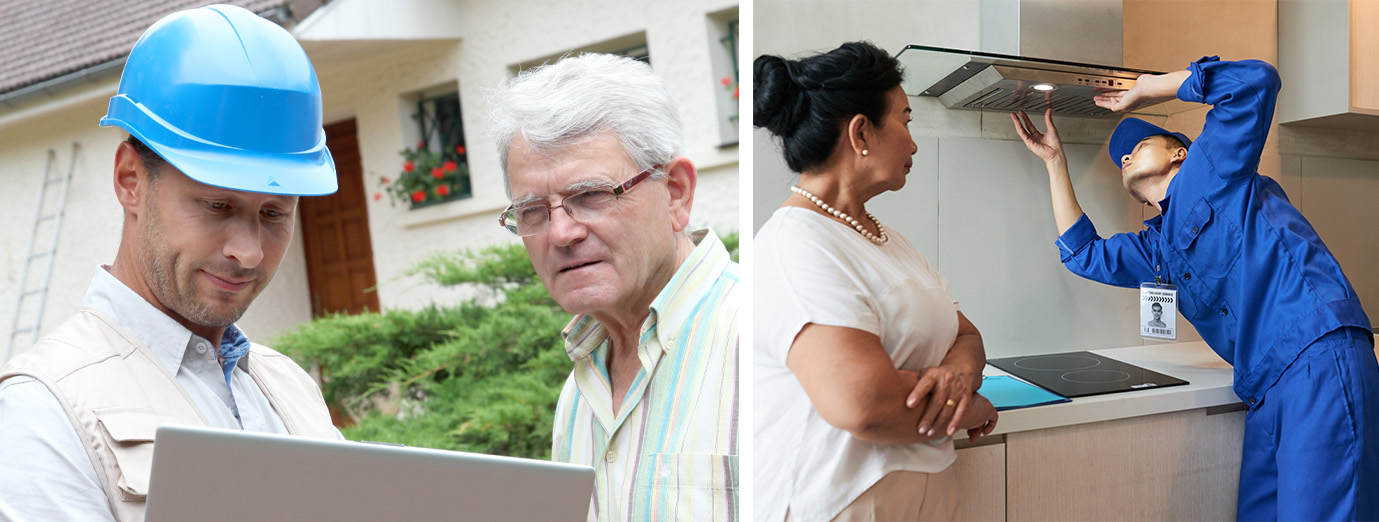
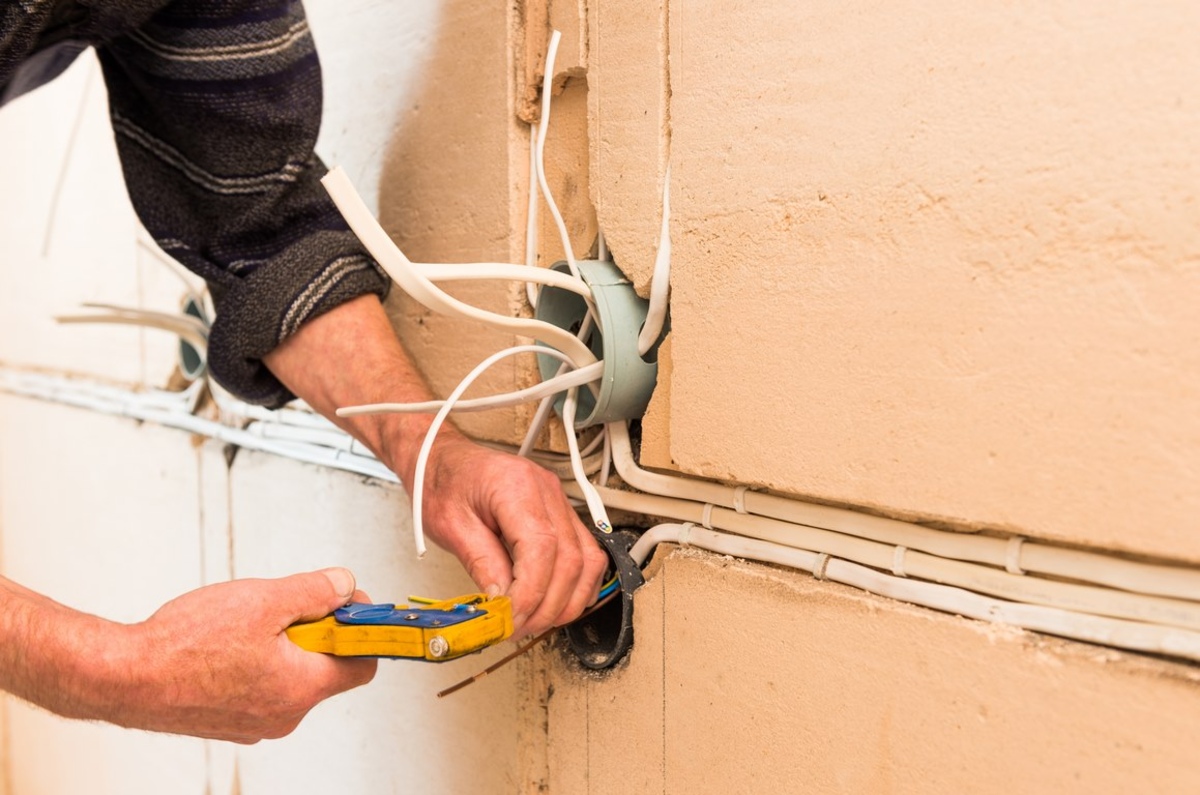



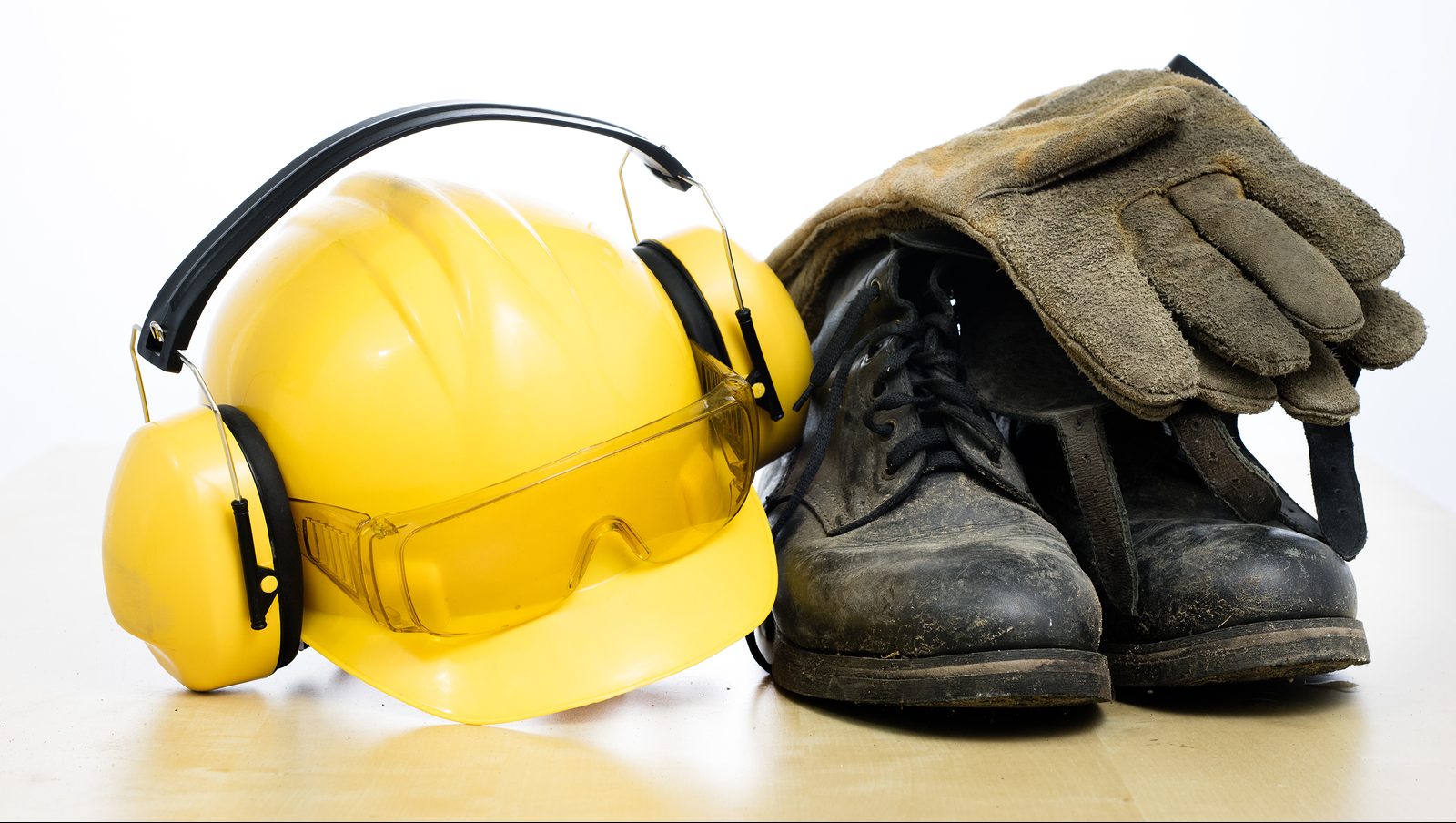



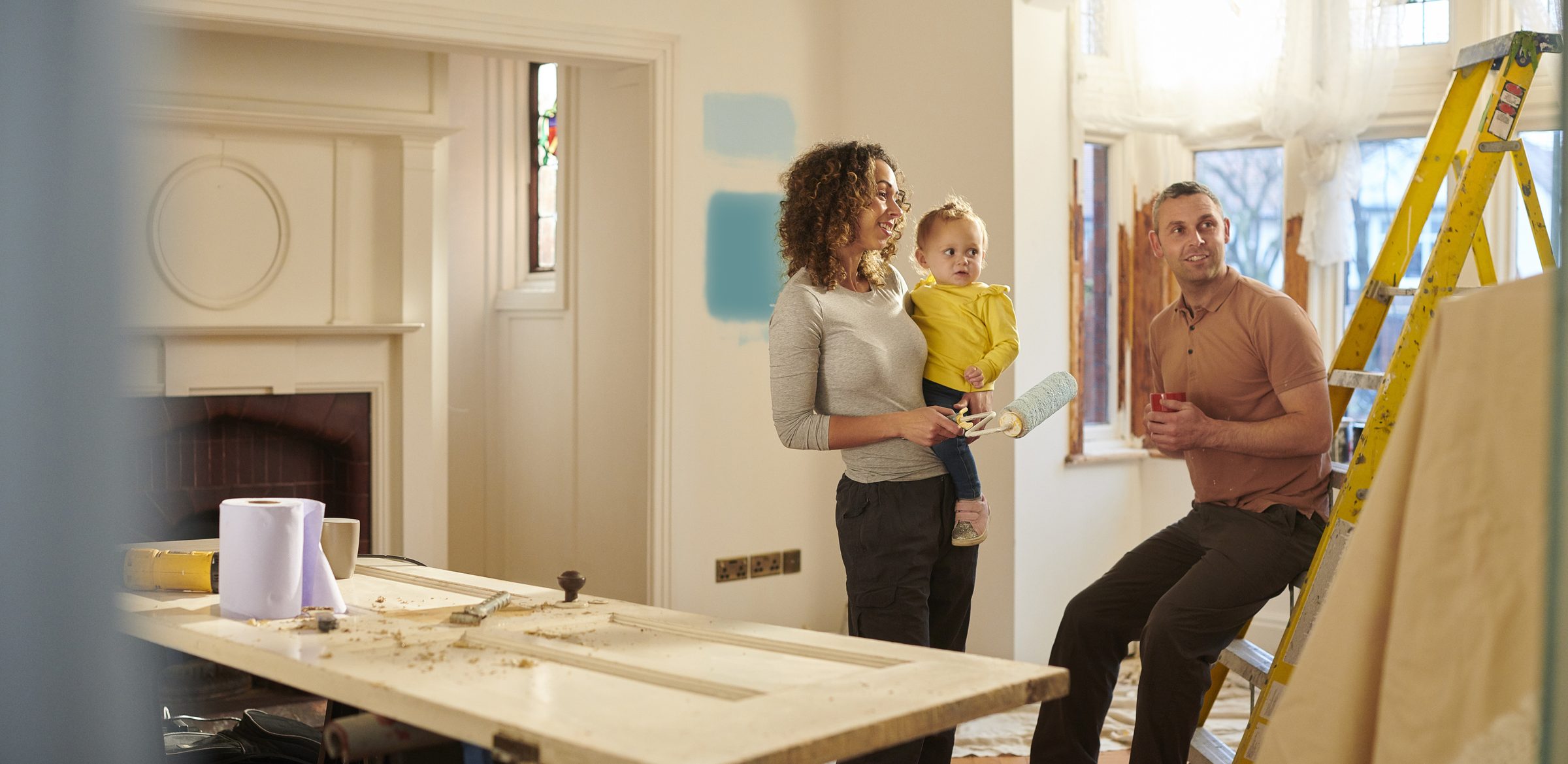
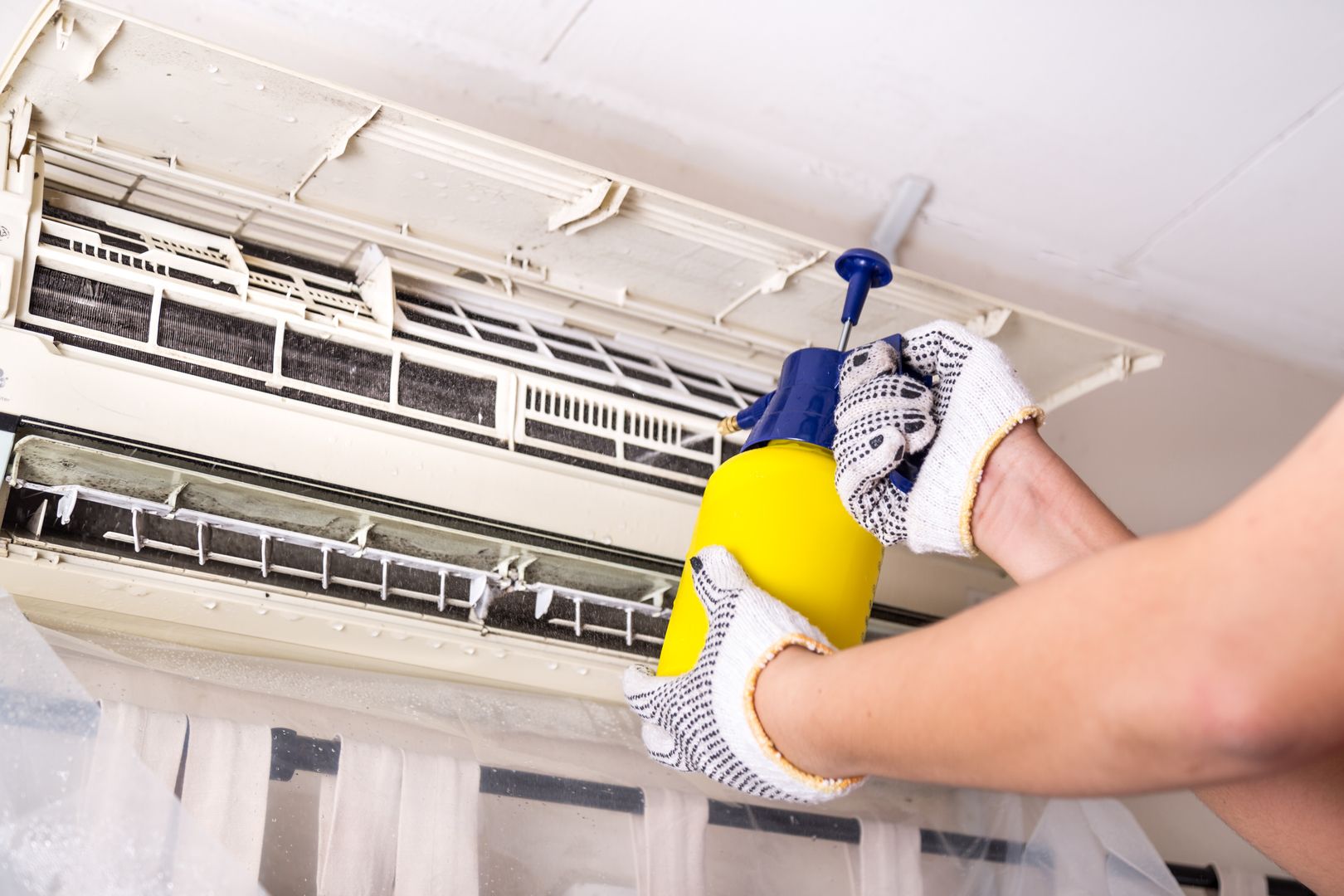

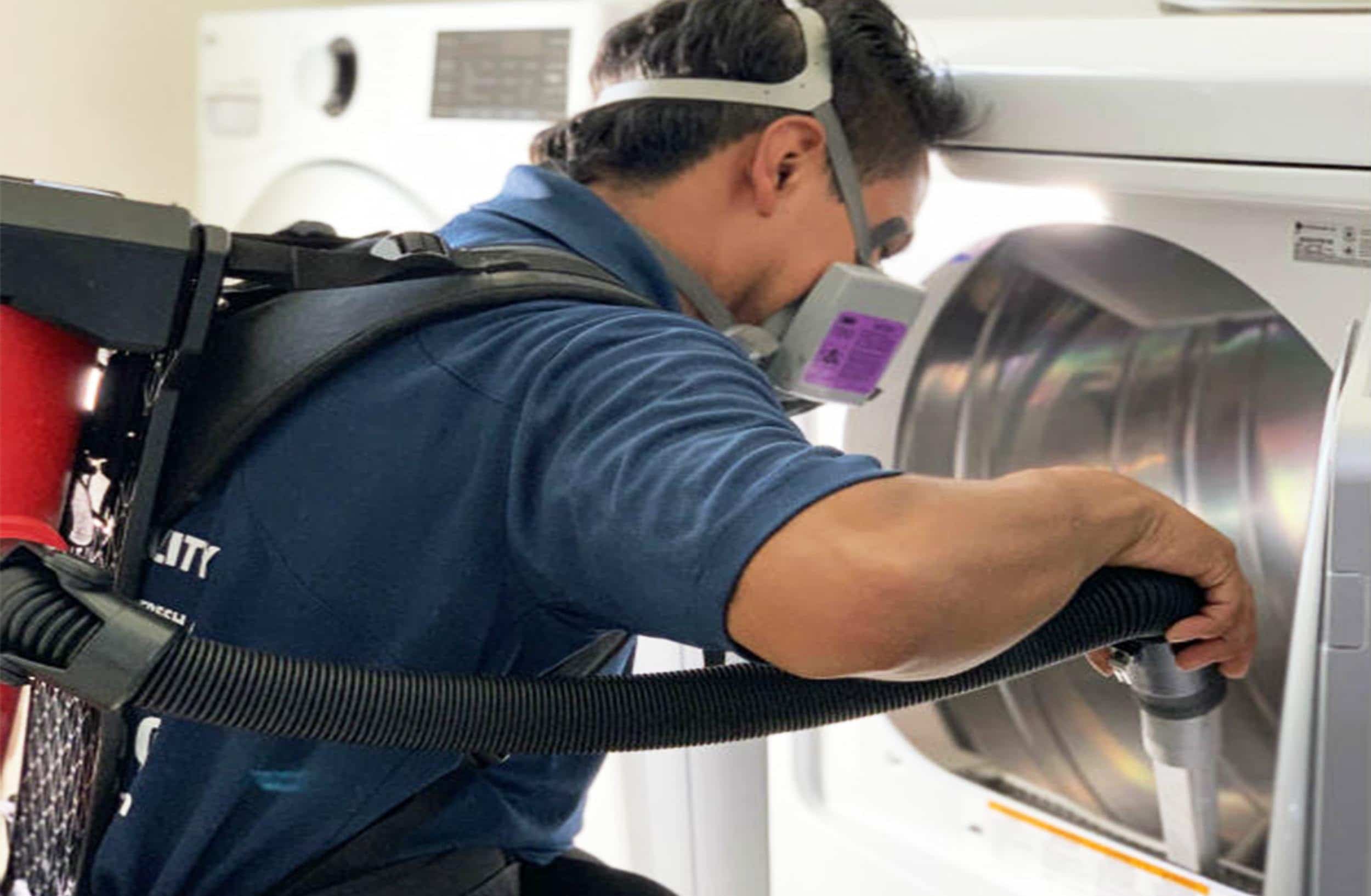

0 thoughts on “When Do You Get A Home Inspection”